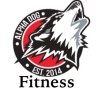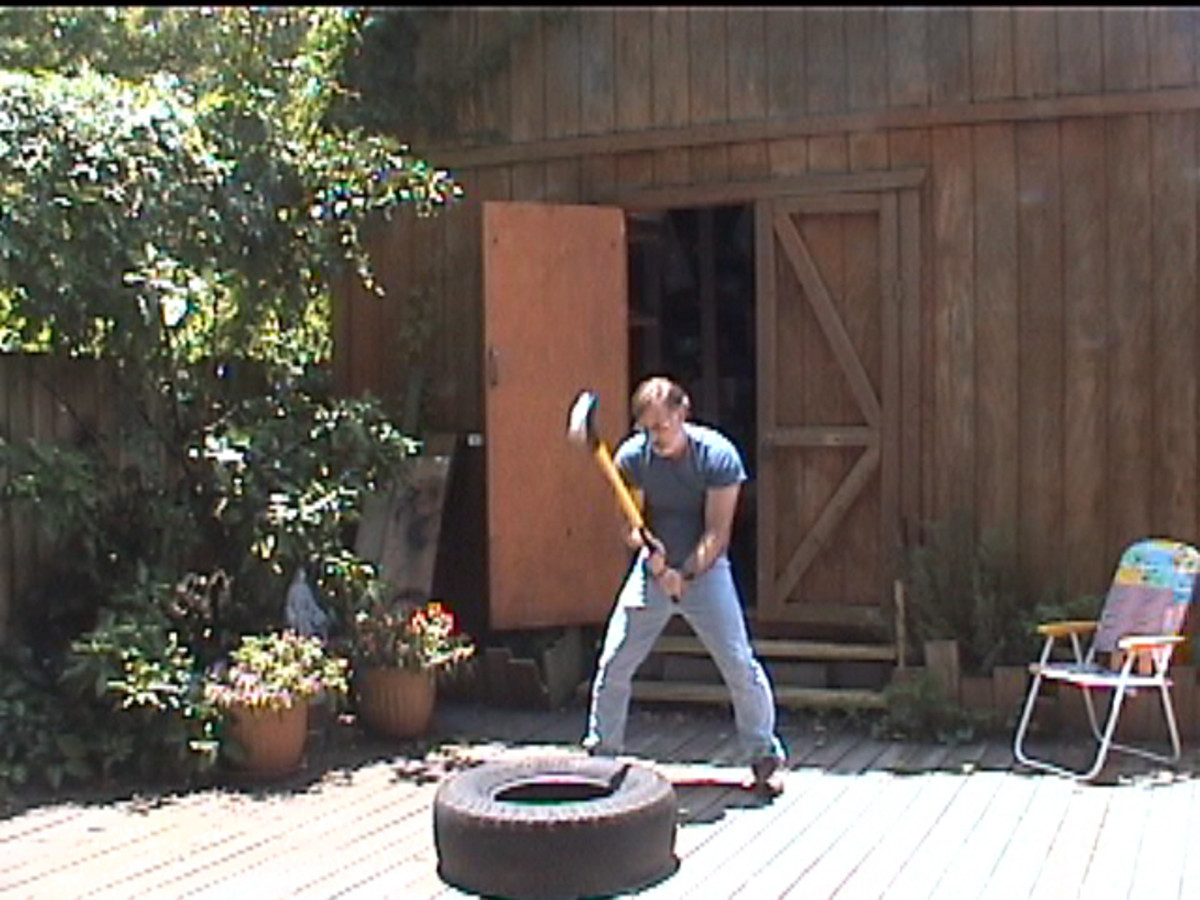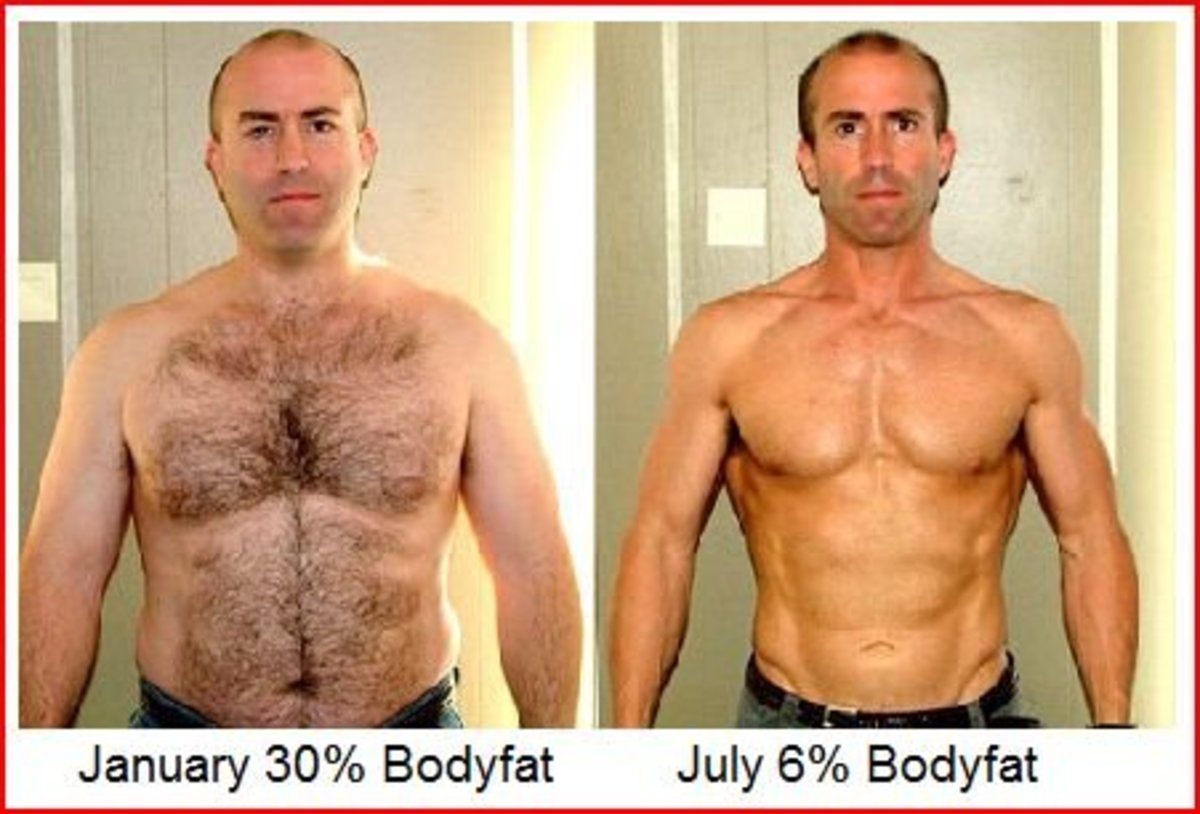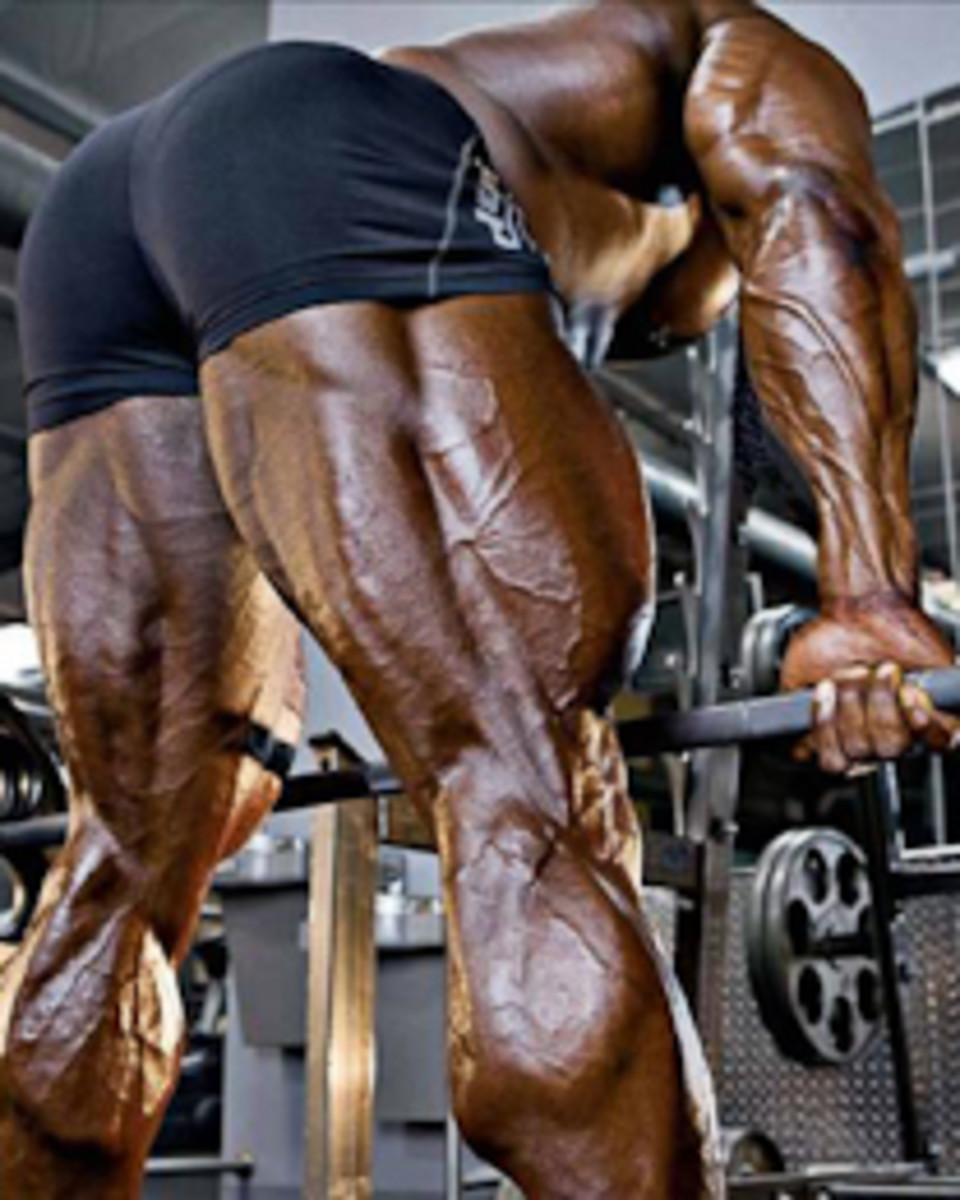What Does Muscle Memory Mean?
Muscle Memory
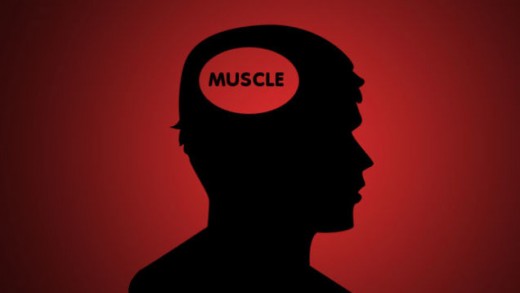
Do Muscles actually have a Memory?
It probably happens to everyone at some point in time. The gym is no longer a priority and gets abandoned for weeks or months at a time. Sometimes it's just for a break or recover period and other times it's involuntary. Maybe because of an injury or a job promotion requiring more hours at work. Whatever the reason is, taking time away from the iron isn't always a bad thing. However, when your away for an extended period of time, you lose muscle, strength and your fitness level will drop dramatically. Some people more than others. Your incapable of pushing the weight you were lifting prior to the hiatus, the low body fat percentage you once had has risen and even the dial on the scale has gotten a lot higher. Now you have gotten yourself back on track and are ready to hit the ground running. Fortunately, you have muscle memory to help you out with this. Of course when I say muscle memory it doesn't mean your muscles have a hard drive or disc that they store memory in. The memory is actually stored in your brain and is acquired through repetition. When you consistently perform a task, it becomes procedural memory and basically becomes second nature to you. This is one of the reasons why proper form is so important. If you have performed an exercise for years with bad form, that's how your brain will remember it. Muscle memory will assist you in gaining your previous form as quickly as possible.
Diagram of the Heart
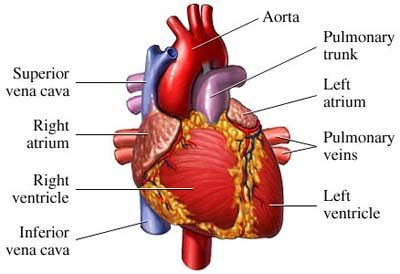
Your Heart is a Muscle too
The first thing you need to understand after an extended drought from the gym is no matter who you are, what your fitness level was, what supplements you were taking, or how strong you were, your heart and muscles are not ready for the intense pounding of the weights and you will not be able to accomplish what you were doing previously. They say time heals all wounds. That only applies emotionally in terms of fitness. Physically, time puts a lot of wear and tear on our bodies. If your a teen or in your twenty's, it's a lot more easier to get back into the swing of things. For us older folks, trying to go all out after a long break is simply not smart. The first week or so in your return to the gym should be focused on cardiovascular activities rather than weights. The heart is a muscle. Opening up your cardiovascular system to restore what you lost will ensure that when you do start your weight training regimen you will not just fall over and pass out the first day back. You should start off walking or briskly running on the treadmill or around a track for about a week. The more older/mature you are, the more susceptible you are to injury. So take your time and pace yourself, it's going to take some time to get back into the swing of things.
How muscle memory works
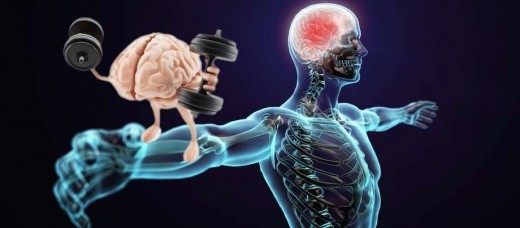
Peanut Butter Protein Shake

Ingredients for Peanut Butter Protein Shake
- 1 cup Skim Milk, Light soy or Almond milk
- 1 Banana, Frozen
- 1/2 cup Canned pumpkin
- 2 tablespoons Peanut Butter
- 1/2 tablespoon Honey
- 1/2 teaspoon Cinnamon
- 1/8 teaspoon Cardamom, Ground
Directions
- Put all of the ingredients inside the blender.
- Blend and enjoy!
Nutrition and Metabolism
Your metabolism is a collection of things (diet, weight training, cardiovascular activities, etc) that help turn you into a fat burning machine. Your muscle and metabolic memory will never completely go away. Now, because of the extended vacation, most of those variable factors that gave you such an awesome metabolism has changed. So to get that back on track, it starts with your diet/eating habits and the required amount of calories that your body needs. When you have muscle, it takes more calories just to maintain the muscle you already have. Weight training also requires more caloric intake. When you stopped working out, you more than likely maintained the additional calorie intake (for your muscles) which would explain the added weight gain. The same way your muscles "forgot" how to bench 200 lbs, your digestive system also forgot how to process and use so much extra food. If your eating habits changed (normally should be eating 4-6 meals when actively training), change them back. Carbohydrates are needed for energy/fuel and proteins for recovery. Also ensure you have an adequate supply of fiber and hydration in order to keep everything moving through your body as it should be. Since you were not working out, it's a safe assessment to say you stopped taking supplements (if you were taking them previously). A good multi-vitamin would be good thing to start back up with. Your body has basically been detoxed and your receptors will react to the creatine, the pre-workouts or any other nutritional sports supplements with a positive effect. You will feel your body regaining it's prior form, and you will be hungrier.
Muscle Memory
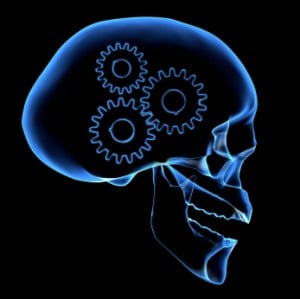
Start with Machines before gradually hitting the Free Weights
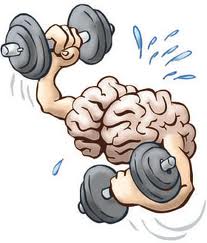
Weight Training Regime
After a couple of weeks or so (depending on each individual person) of the cardiovascular work, getting your blood flowing and your heart back up to par, You can get your body primed and ready to go by doing a week of full body training working out on just machines. Your entire body (muscles) have atrophied and shrunk from lack of use, so the full body machine workouts (provide the balance and stability) will prepare what was once your muscle foundation for the training that's coming. After about a week or so, you can go a little harder into half body routines. Now several weeks have passed and you should be ready to hit the iron hard. To regain your strength, this will require the use of more weight. So week to week, whether with the machines or the free weights, additional weight should be added (5-10 lbs at a time). Be patient and work your way back slowly, as this process could take a couple of months (dependent upon the person and amount of time taking off), the strength you remember having should return in approximately 8 weeks or so after a long layoff.
Recovery/Sleep
Once you get back to your normal weight training routine your going to be tired and want to sleep more. This is actually normal and believe me, you will need and want the rest . Your muscle will require more sleep to rebuild the old strength back that you once had. Look at it in a positive way, muscles grow when your asleep anyway, so bottom line you will need to sleep more. If you are patient and consistently working hard, muscle memory will have you back to your old form before you know it.
Other Fitness Related Articles
- Developing the Deltoid Muscles: Shouldering the Load
This article serves as a guide to assist in the development of the deltoid/shoulder muscle groups.
